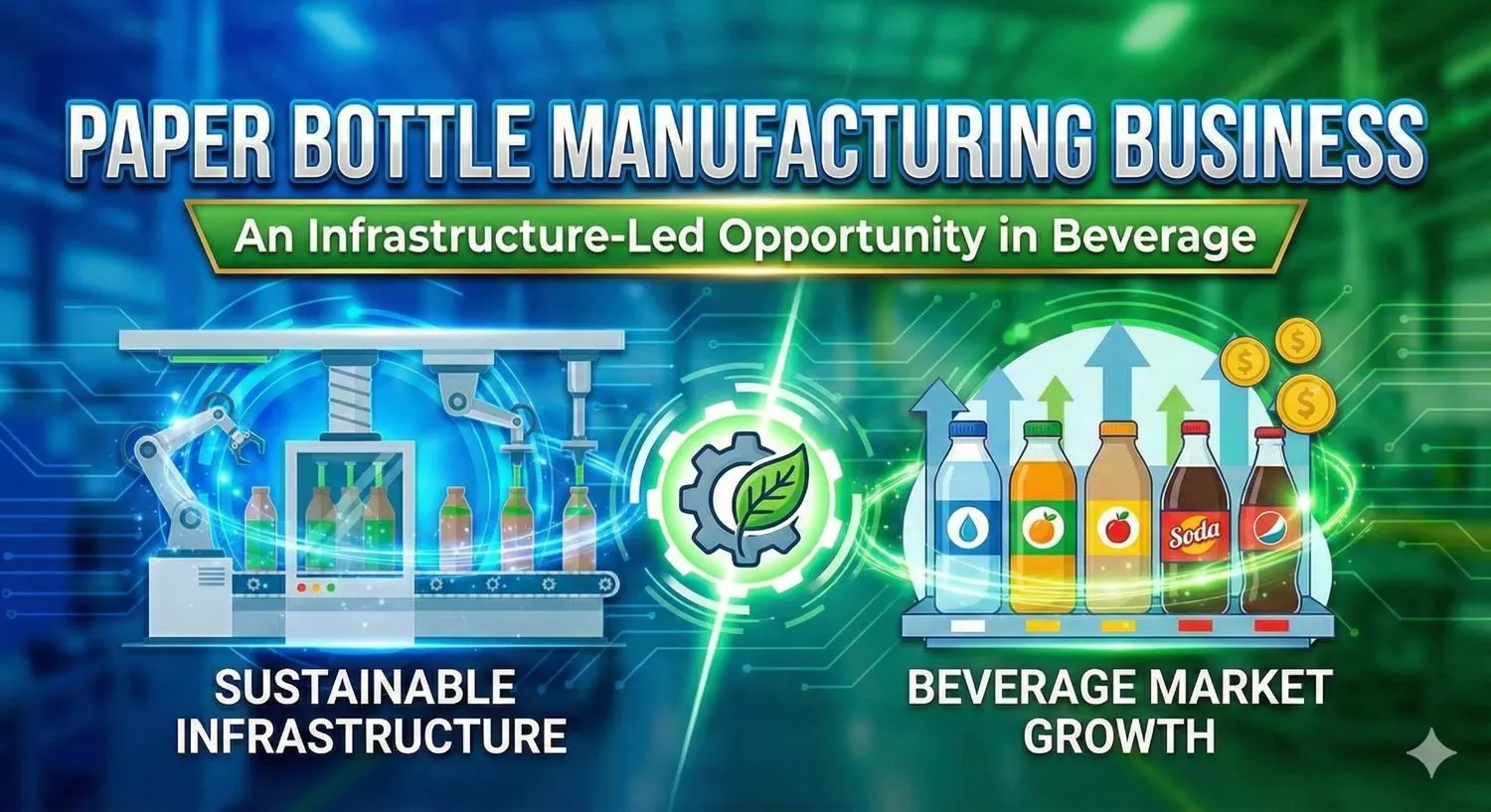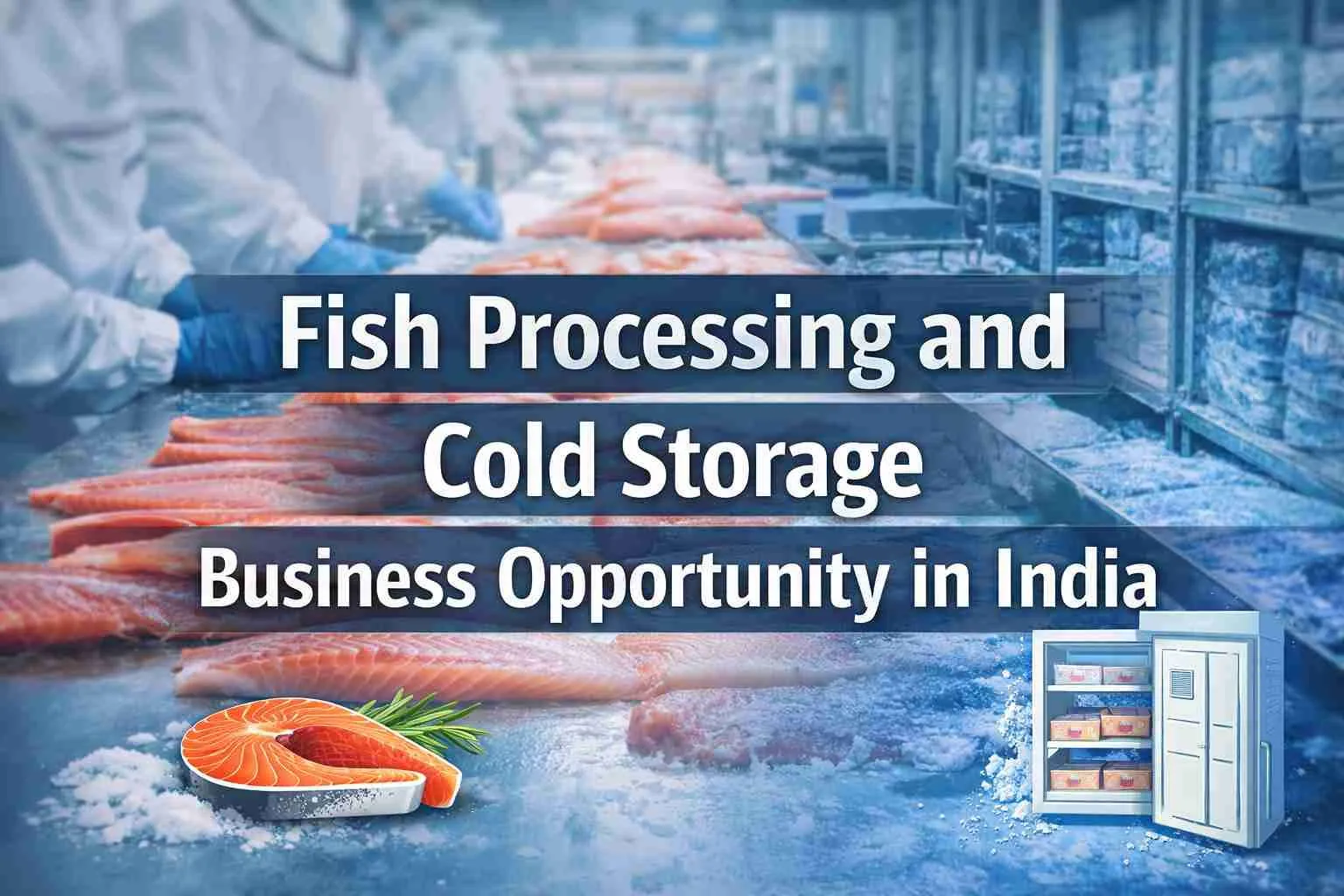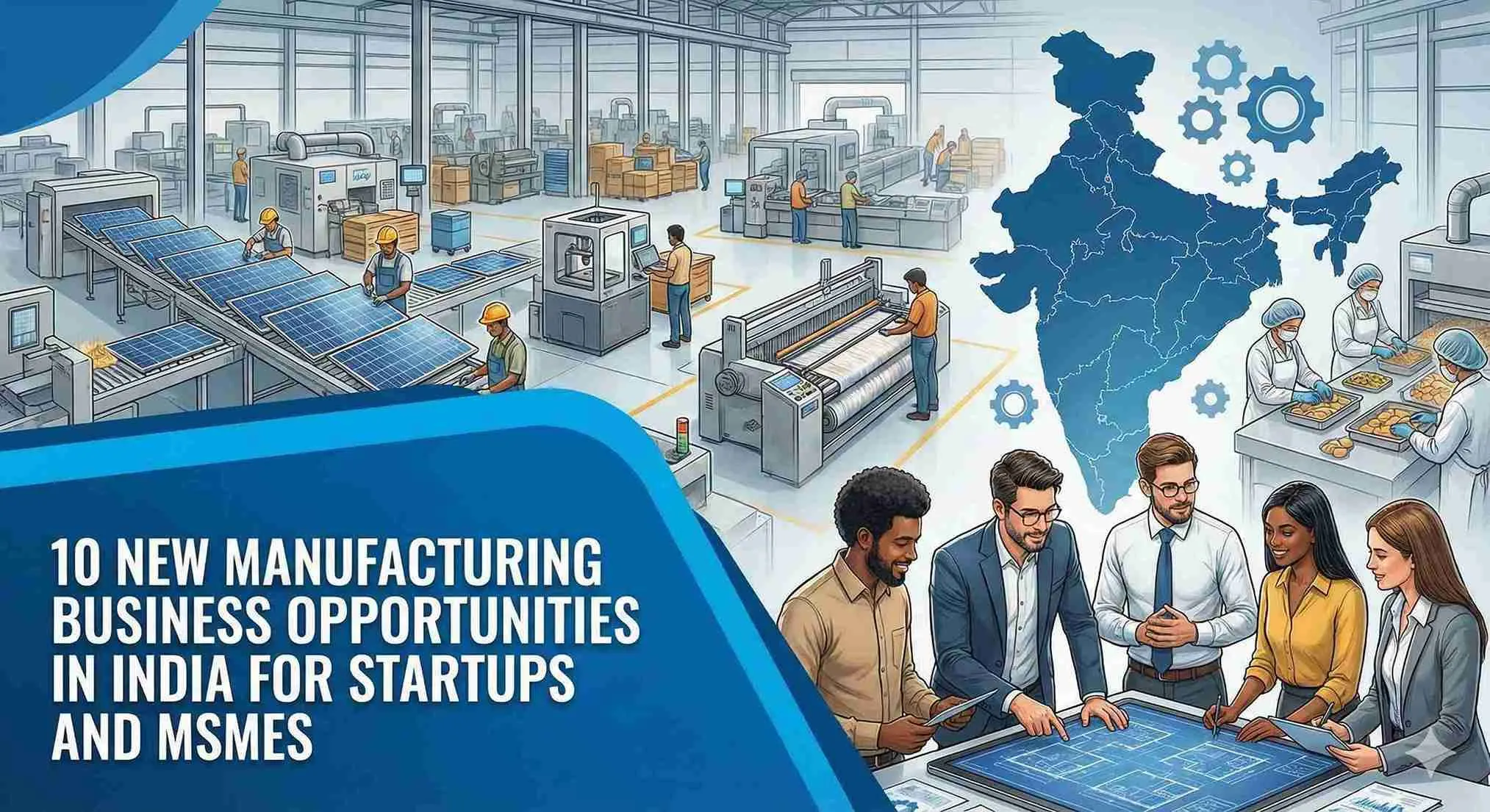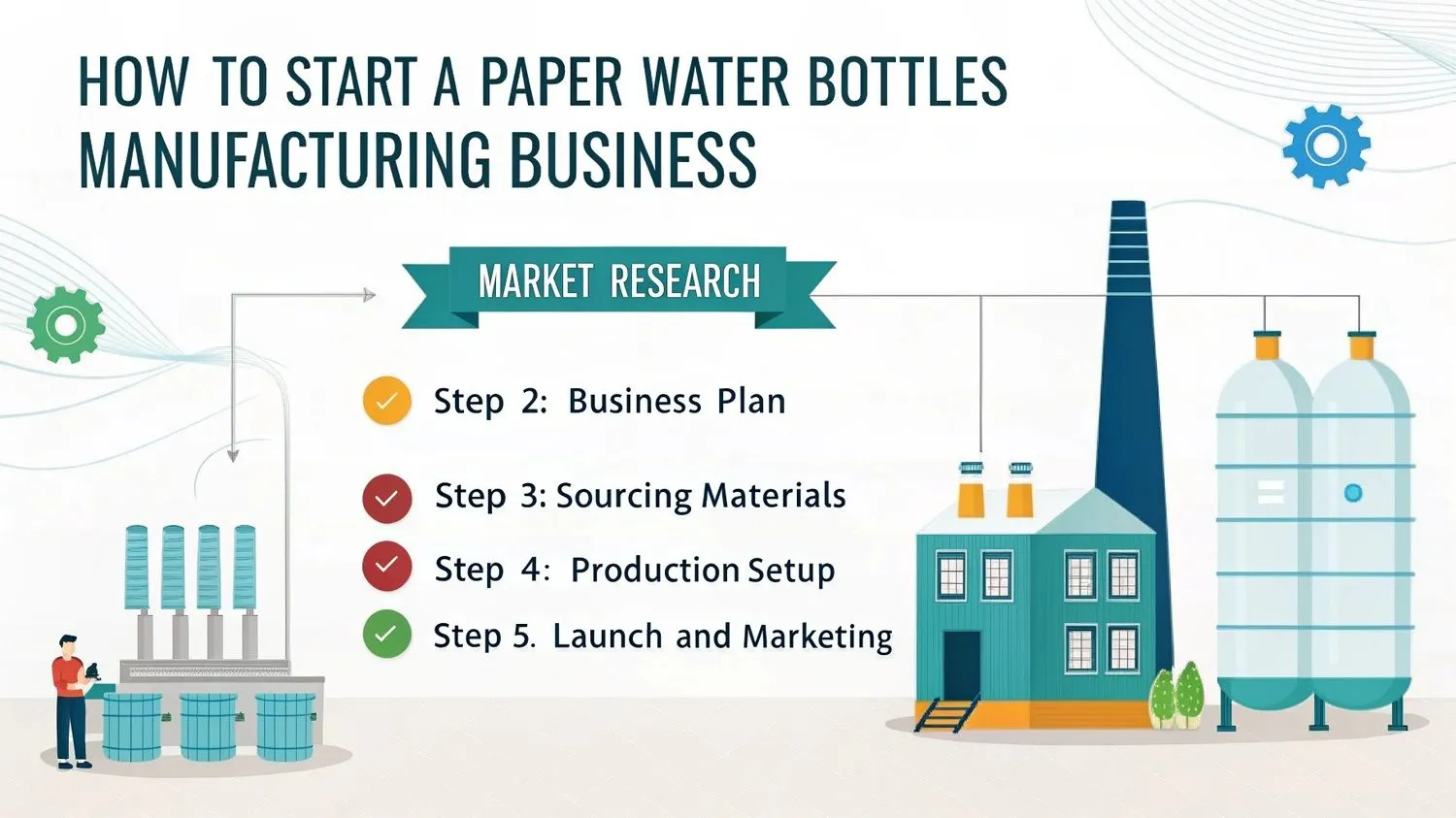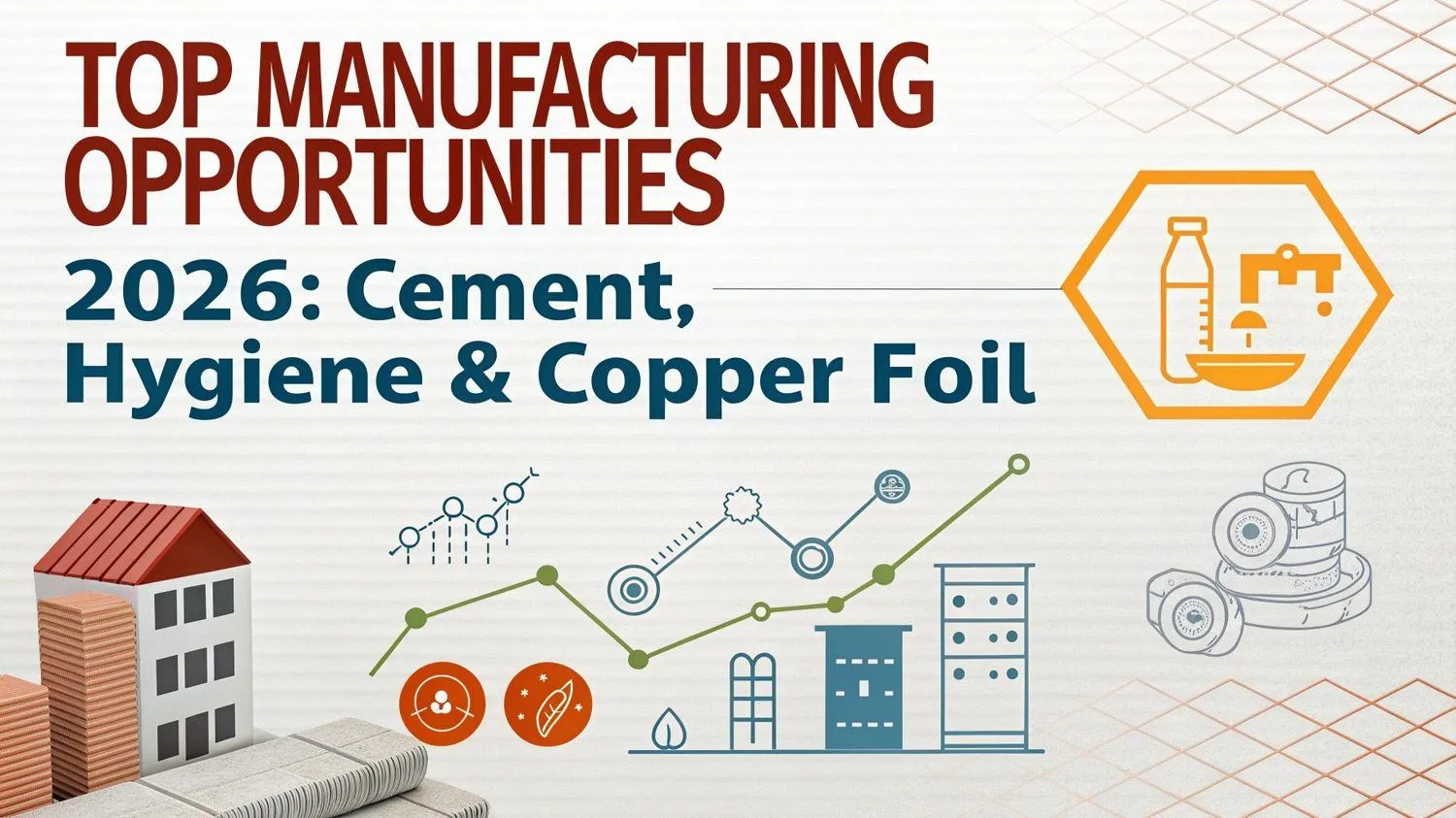Softgel capsules are an integral part of the global pharmaceutical and nutraceutical industries. With increasing demand for dietary supplements, omega-3 capsules, vitamins, and herbal extracts, entrepreneurs are eyeing the Softgel Capsule Manufacturing sector as a high-potential business opportunity. The market is expanding due to lifestyle changes, aging populations, and growing awareness of preventive healthcare. Starting a Softgel Capsule Manufacturing unit can be a lucrative venture, provided you understand the technicalities, compliance requirements, and market trends.
Contents
- 1 Why Invest in Softgel Capsule Manufacturing?
- 1.1 Market Potential and Trends
- 1.2 Key Components of a Softgel Manufacturing Plant
- 1.3 Raw Materials and Formulation
- 1.4 Licensing & Regulatory Approvals
- 1.5 Infrastructure and Manpower
- 1.6 Investment and Profitability
- 1.7 Marketing and Distribution Strategy
- 1.8 Challenges and Risk Mitigation
- 1.9 Future Scope and Sustainability
- 1.10 Conclusion
Why Invest in Softgel Capsule Manufacturing?
The demand for soft gelatin capsules has witnessed exponential growth over the last decade. Their easy-to-swallow form, superior bioavailability, and ability to encapsulate both hydrophilic and lipophilic substances make them a preferred choice for manufacturers and consumers alike. Softgel Capsule Manufacturing presents not only a high-margin business but also a scalable one, as it caters to pharmaceutical, nutraceutical, and cosmetic industries.
India, being a global pharmaceutical hub, offers a favorable environment for Softgel Capsule Manufacturing. From availability of raw materials to skilled labor and growing export potential, the factors contributing to success in this domain are numerous. Moreover, government initiatives like “Make in India” and relaxation in FDI norms for pharma manufacturing make this sector even more appealing to startups and investors.
See Also: Business to Start in Karnataka
Market Potential and Trends
The global softgel capsules market is projected to reach USD 15–20 billion by 2030, driven by increased consumer preference for dietary supplements and the growing geriatric population. In India alone, the nutraceutical market is growing at a CAGR of more than 15%, creating robust demand for encapsulated products. Softgel Capsule Manufacturing units stand to benefit greatly from this trend, especially if they offer products in areas such as multivitamins, herbal extracts, fish oil, and CBD oils.
Additionally, contract manufacturing is becoming a common practice in this space. Smaller brands or startups without in-house production capabilities outsource their softgel production to specialized units. This opens another income stream for manufacturers who want to scale without investing in brand marketing.
Key Components of a Softgel Manufacturing Plant
To set up a successful Softgel Capsule Manufacturing unit, it’s essential to understand the major components and machinery involved:
-
Gelatin Melting and Preparation System – For making the gelatin mass used to form capsules.
-
Encapsulation Machine – Core equipment where fill material is encapsulated in soft gelatin shells.
-
Tumble Dryers – Used for preliminary drying of capsules immediately after encapsulation.
-
Drying Tunnels – Ensures thorough drying and setting of capsules.
-
Sorting, Inspection, and Printing Machines – For quality control and branding.
-
Packaging Equipment – For blister packing, bottle filling, or strip packing.
The machinery investment can range from ?1 crore to ?5 crores depending on production capacity and automation level.
Raw Materials and Formulation
The main ingredients for Softgel Capsule Manufacturing include:
-
Gelatin – Derived from bovine or porcine sources (can be plant-based for vegan capsules).
-
Plasticizers – Like glycerin or sorbitol to make the shell flexible.
-
Colorants and Opacifiers – For branding and visual appeal.
-
Active Ingredients – These vary based on the product (vitamins, minerals, herbal extracts, omega-3, etc.).
R&D and formulation expertise are crucial for effective encapsulation, stability, and bioavailability. Many companies also hire pharma consultants or collaborate with laboratories for this phase.
Licensing & Regulatory Approvals
Before initiating Softgel Capsule Manufacturing, obtaining the right licenses is a legal necessity. In India, the following approvals are required:
-
Drug Manufacturing License (Form 25/28) – From the State FDA for pharmaceutical capsules.
-
Nutraceutical License (FSSAI) – For dietary supplements and food-based formulations.
-
GMP Certification – Mandatory for export and high-volume contracts.
-
Environmental Clearance – Especially for units using solvents or chemicals.
Compliance with Schedule M (Drugs & Cosmetics Act) and WHO-GMP standards is critical for long-term success and international expansion.
Infrastructure and Manpower
A standard Softgel Capsule Manufacturing unit requires around 5,000–10,000 sq. ft. of built-up area. This includes:
-
Production zone (cleanroom environment)
-
Gelatin melting and encapsulation area
-
Drying and storage zones
-
R&D and Quality Control labs
-
Packaging and dispatch area
Manpower requirements include production supervisors, machine operators, quality control chemists, microbiologists, R&D specialists, and administrative staff. Initial staffing can be between 20–40 people, depending on the scale.
Investment and Profitability
The total investment to start a medium-scale Softgel Capsule Manufacturing unit in India can range from ?2 crores to ?6 crores. This includes:
-
Land and building (if owned: reduced costs)
-
Machinery and installation
-
Licensing and registration
-
Working capital
-
Packaging and marketing
Softgel capsules offer high-profit margins, often 30–50% depending on the formulation and target market. Specialized formulations such as omega-3 or ginseng capsules can command premium prices. With efficient production and bulk contracts, breakeven is often achievable within 2–3 years.
Marketing and Distribution Strategy
For new entrants in Softgel Capsule Manufacturing, marketing is essential. Strategies include:
-
Contract manufacturing (B2B model)
-
Launching your own brand (B2C model)
-
Export to regulated and semi-regulated markets
-
Partnering with online supplement platforms and health stores
-
Participating in pharma expos and trade fairs
Export potential is significant, especially to regions like Africa, Southeast Asia, Middle East, and Latin America. Make sure your unit meets international quality standards to tap into these opportunities.
Challenges and Risk Mitigation
Like any manufacturing business, Softgel Capsule Manufacturing comes with its set of challenges:
-
High initial capital requirement
-
Regulatory hurdles and audits
-
Maintaining consistent quality and batch reproducibility
-
Shelf-life and storage challenges due to moisture sensitivity
-
Competition from established players
Mitigation strategies include investing in proper training, hiring qualified professionals, using validated equipment, and maintaining robust quality control protocols.
Future Scope and Sustainability
As personalized medicine and health awareness rise, the need for customized and innovative capsule formulations will grow. Softgel Capsule Manufacturing can evolve with trends like:
-
Plant-based or vegan capsules
-
CBD and cannabis-based formulations
-
Sustained-release and enteric-coated capsules
-
Combination therapies in a single capsule
Adopting eco-friendly practices such as biodegradable packaging, energy-efficient machinery, and waste recycling will also add to long-term sustainability and brand reputation.
See Also: business to start in Kerala
Conclusion
Starting a Softgel Capsule Manufacturing unit is a forward-looking venture with strong growth prospects. With increasing demand across pharmaceutical, nutraceutical, and wellness sectors, the timing is ideal for entrepreneurs to enter this field. However, success hinges on meticulous planning, regulatory compliance, quality control, and strategic marketing. By aligning with global standards and innovation trends, your Softgel Capsule Manufacturing business can carve a distinct niche in the competitive healthcare landscape.





